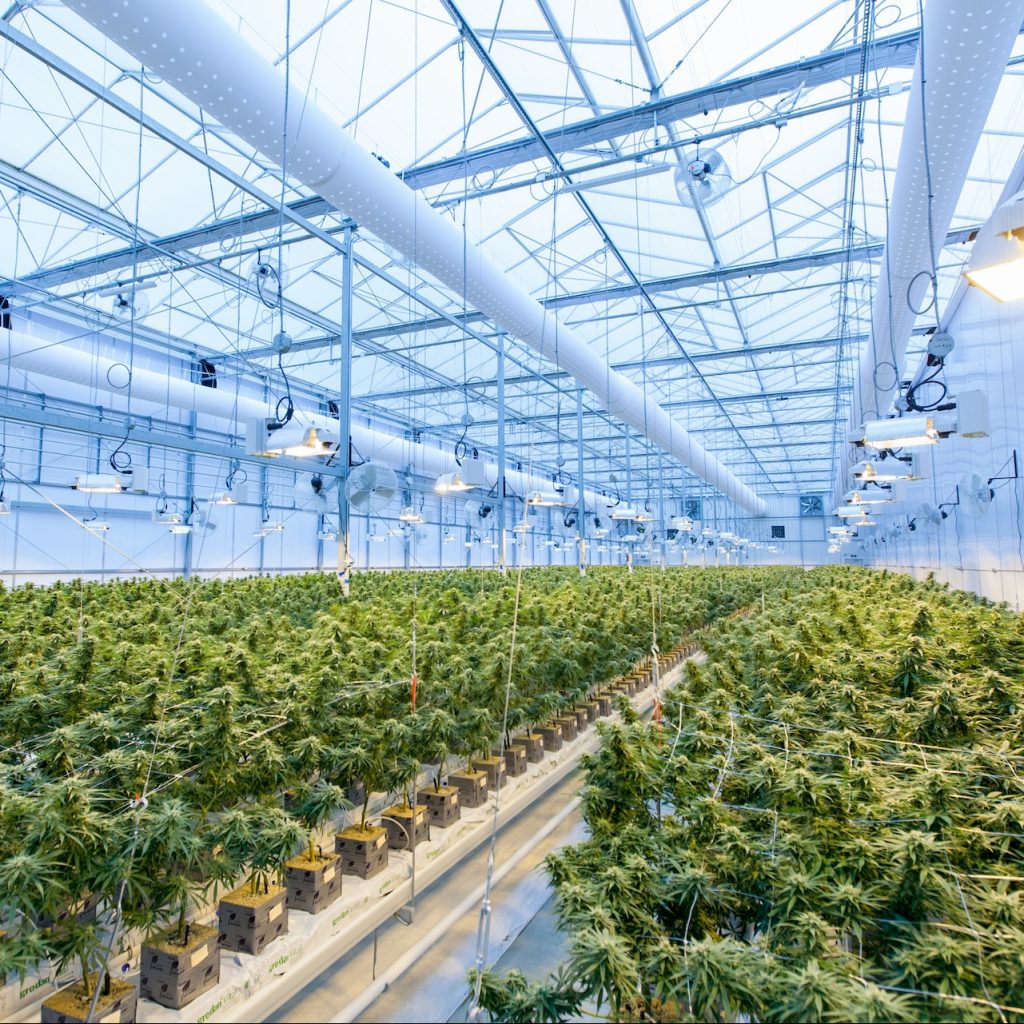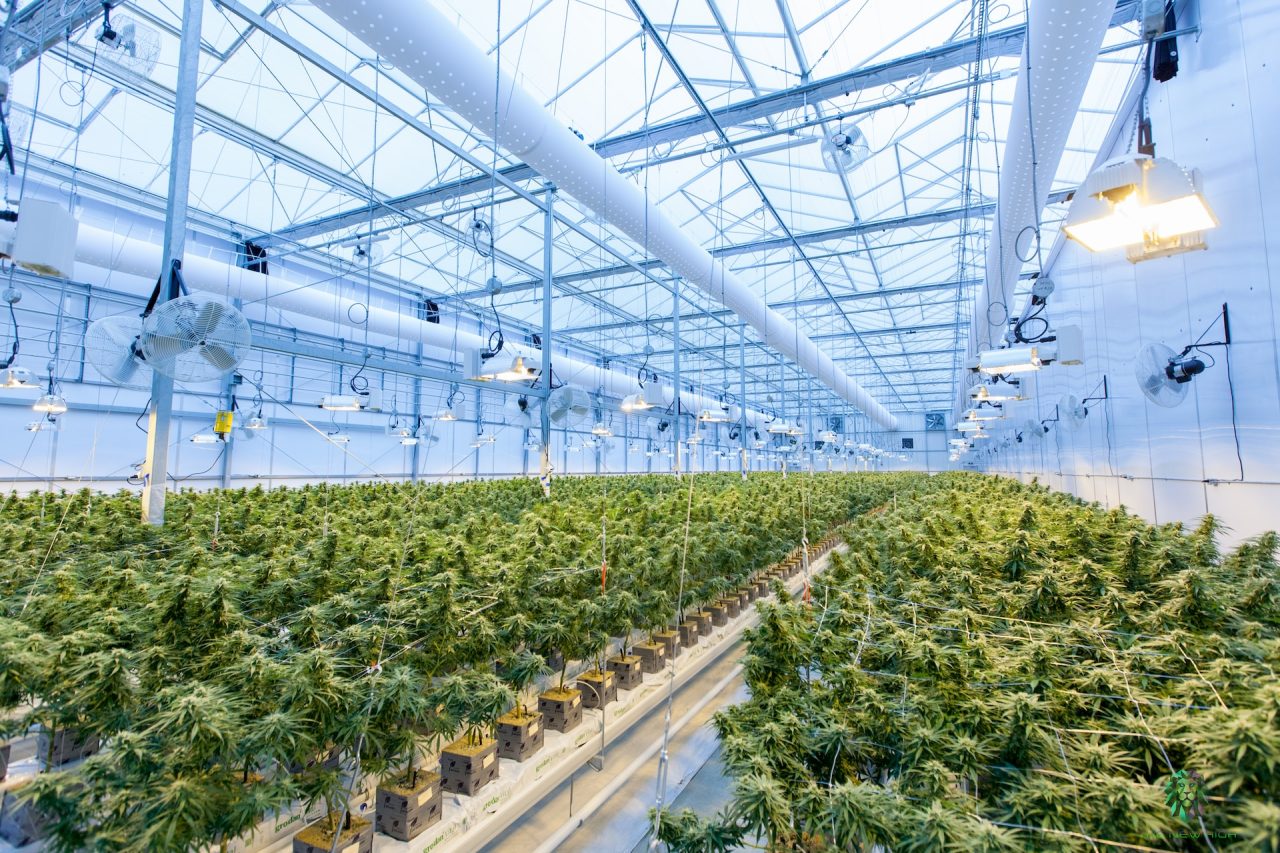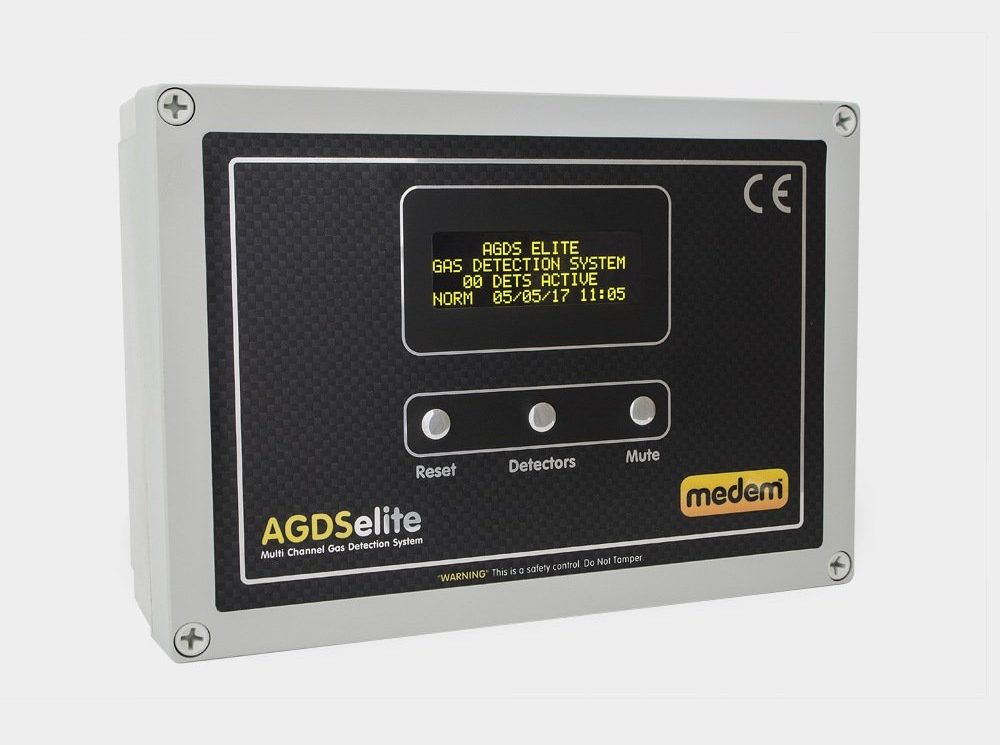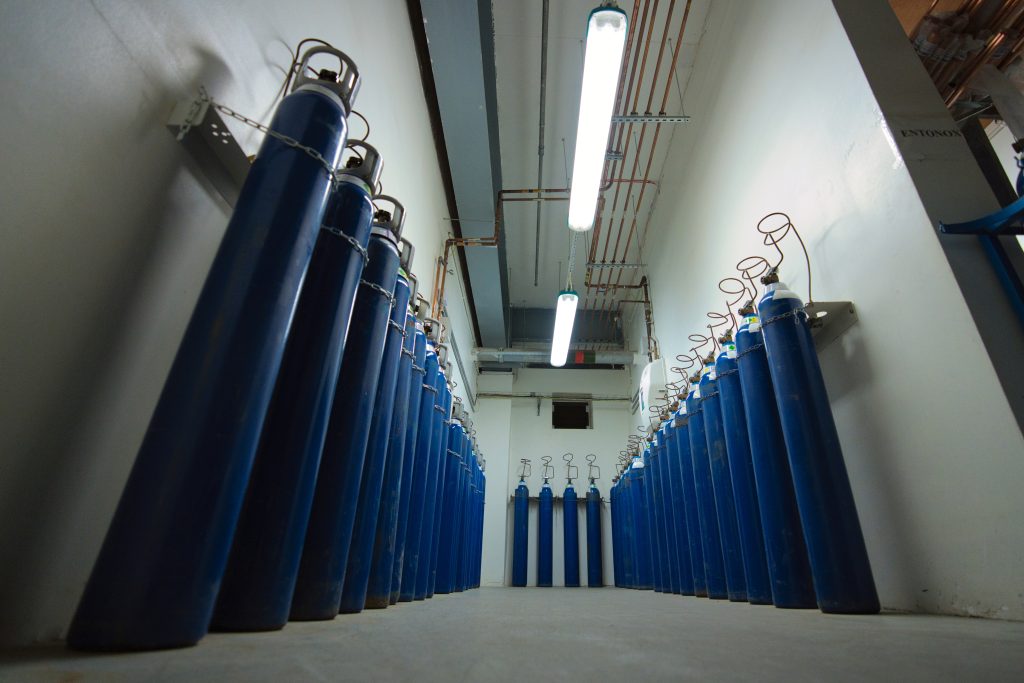
Pros and Cons of Elevated CO2 Levels in Cannabis Cultivation

Cannabis cultivation is an intricate science that has evolved significantly in recent years. Cultivators are using innovative methods to optimize crop yield and quality. One such technique that has gained traction is the controlled use of carbon dioxide (CO2) enrichment to stimulate plant growth. Ideal conditions seem to be achieved within levels of 1200 to 1600ppm. However, while elevated CO2 levels offer substantial benefits, they also bring potential risks and challenges to the table that growers must consider.
Discussing the Pros of Elevated CO2 Levels:
Supercharged Photosynthesis: CO2 is a fundamental component in the process of photosynthesis, the engine of plant growth. When CO2 levels are elevated, cannabis plants are poised to conduct photosynthesis at an accelerated pace. This phenomenon translates to rapid growth, robust vegetation, and ultimately, bountiful yields.
Bigger, Denser Buds: One of the most coveted outcomes in cannabis cultivation is the production of large, resin-rich buds. Elevated CO2 levels have been shown to facilitate bud development, resulting in larger and denser flowers. This means not only higher yields but also improved overall product quality.
Enhanced Resource Efficiency: Beyond promoting growth, CO2 enrichment can lead to more efficient resource utilization. Cannabis plants become more frugal in their consumption of water and nutrients, reducing waste and optimizing resource management.
Shortened Growth Cycles: With the boost in photosynthesis and growth rates, cannabis plants may exhibit shorter growth cycles. This can translate to quicker harvests and potentially more cropping cycles per year, a valuable consideration for commercial growers.
While these advantages are enticing, it is crucial to remember about the potential risks and hazards resulting from elevated CO2 levels.
The Cons of Elevated CO2 Levels:
Health Hazards: Perhaps the most critical concern is the potential health risks that elevated CO2 levels imply. Prolonged exposure to slightly elevated CO2 levels, even within the recommended range of 1200 to 1600 ppm, can pose health hazards. Research has shown that prolonged exposure to levels higher than 1500 ppm may lead to adverse health effects, including headaches, dizziness, and respiratory discomfort. While these levels are not immediately life-threatening, they underscore the importance of stringent safety measures and continuous monitoring to protect the well-being of cultivation staff.
Safety for Cultivation Staff: Within cannabis cultivation facilities, staff will not typically be stationed inside cultivation rooms for extended periods, minimizing the health risks discussed above. However, there is still a risk of CO2 leakage into adjacent areas, potentially exposing personnel to these elevated CO2 levels. Furthermore, equipment malfunctions or faults can exacerbate this danger by leading to increased CO2 leakage, far beyond the earlier mentioned levels. As levels of CO2 increase, the resulting health risks and consequences become much more serious and grave.
To address these safety concerns and maintain a secure working environment, it is imperative to implement robust monitoring and control systems.
Tektraco’s Solution:
Recognizing the significance of maintaining optimal CO2 levels in cannabis cultivation facilities, Tektraco has partnered with Medem, a renowned provider of advanced gas detection, monitoring and alarm systems.

Our comprehensive solutions encompass:
Highly Sensitive Sensors: Medem’s sensors are equipped with unparalleled sensitivity, ensuring the real-time measurement of CO2 levels with exceptional precision.
Alarm Panels: Medem’s alarm panels are designed to proactively alert personnel to any deviations in CO2 levels, even when they are only slightly elevated. These alarms manifest as visual and auditory signals, promptly notifying staff of potential issues.
Integration with Building Systems: Medem’s alarm panels seamlessly integrate with Building Management Systems (BMS) and extraction systems. A slight increase in CO2 can be quickly remedied by triggering an increase in speed in ventilation fans. In emergency situations, when CO2 levels continue rising, these systems can trigger an automatic shutdown of the gas supply through a solenoid valve.
Experts in Gas Pipelines and Supply Systems: In addition to our cutting-edge gas detection solutions, Tektraco stands as a leader in the installation of gas pipelines. Our dedicated team of highly trained and competent installers and engineers boasts extensive expertise in industrial and medical gas installations, adhering to the highest standards of best practices and workmanship. We offer end-to-end services, encompassing the design, supply, installation, and ongoing maintenance of gas systems, all executed with an unwavering commitment to quality and safety. Whether it’s ensuring precise control of CO2 levels in cultivation facilities or optimizing gas distribution in industrial or medical environments, Tektraco is your trusted partner for seamless and secure gas infrastructure.

Conclusion:
In the dynamic landscape of cannabis cultivation, the utilization of CO2 enrichment introduces a spectrum of advantages. While elevated CO2 levels have the potential to unlock accelerated growth and enhanced yields, it is essential to remain cognizant of the health and safety risks resulting from the use of CO2. Implementing reliable monitoring and control systems, such as those offered by Tektraco and Medem, stands as a paramount step in ensuring the safety and productivity of cannabis cultivation environments.
Call to Action:
If you are a cannabis manufacturer or grower seeking expert guidance and comprehensive solutions for CO2 monitoring and safety, Tektraco is here to assist. Our team is committed to helping you navigate the complexities of CO2 enrichment and to secure the well-being of your staff while optimizing the success of your cannabis cultivation operations.
Comments are closed.